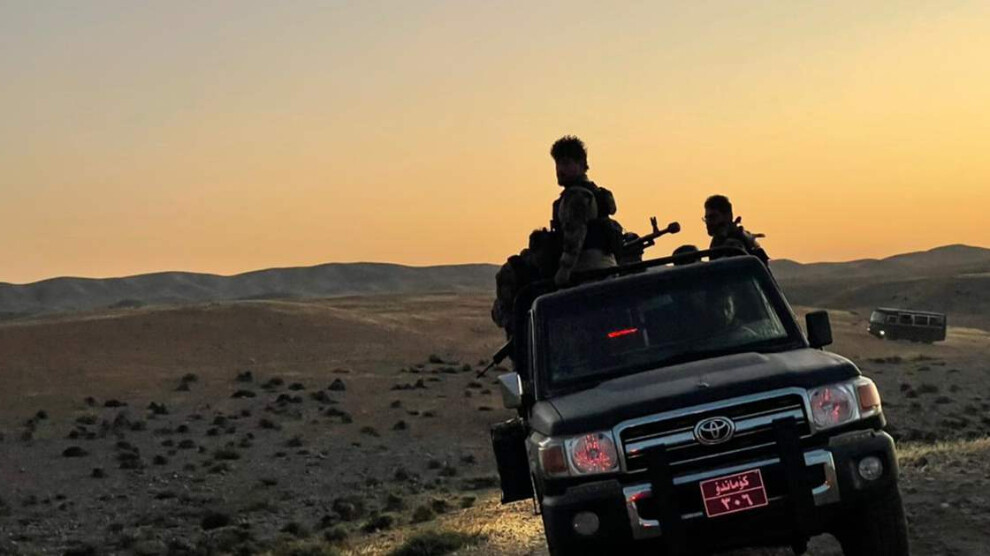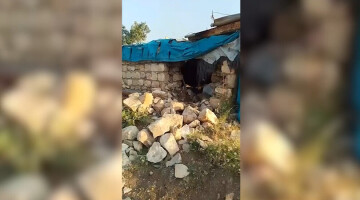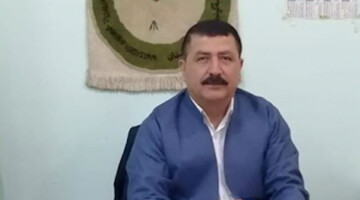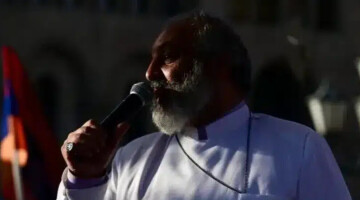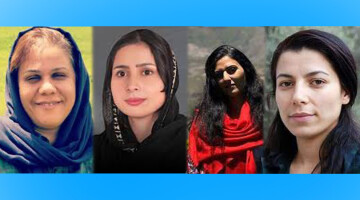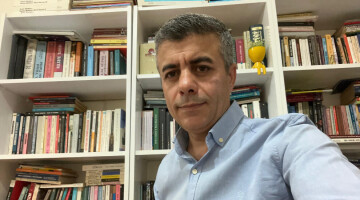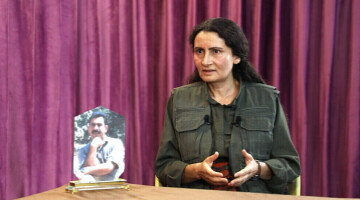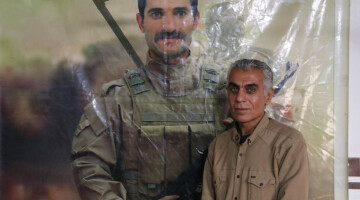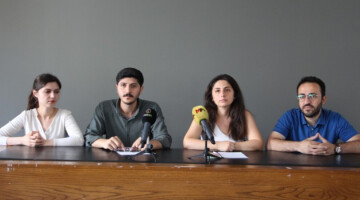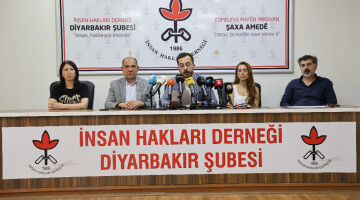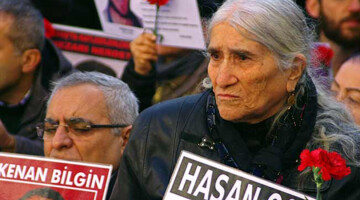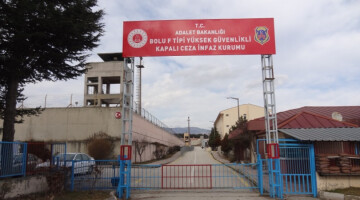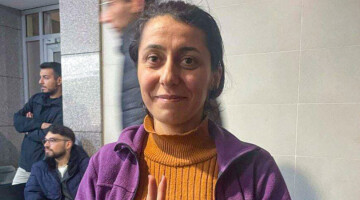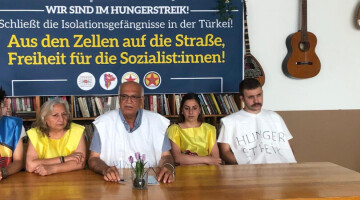Over the past year the authorities in the Kurdistan Region of Iraq (KR-I) have ruthlessly cracked down on journalists, activists and protesters exercising their right to freedom of expression, including by arbitrarily arresting and forcibly disappearing them, Amnesty International said today. The crackdown which first began in March 2020, intensified after widespread protests in August 2020 demanding an end to corruption and better public services.
“Authorities in the Kurdistan Region of Iraq have launched a chilling crackdown in their efforts to silence critics over the past year. They have rounded up activists and journalists and prosecuting them on trumped-up charges in unfair trials and harassing or intimidating family members who were kept in the dark about the status of their loved ones,” said Lynn Maalouf, Deputy Director for Middle East and North Africa at Amnesty International.
"The Kurdistan Region of Iraq authorities must end the crackdown and immediately release all of those who have been arbitrarily detained. The authorities must also refrain from using vague and ill-defined laws to curtail the rights to freedom of expression and peaceful assembly.”
The organization investigated the cases of 14 people from Behdinan, in Duhok governorate, who were arbitrarily arrested between March and October 2020 by Asayish (KRG security and intelligence) and Parastin forces (Kurdistan Democratic Party intelligence) in connection with their participation in protests, criticism of local authorities or for their journalistic work. All of them were held incommunicado for up to five months and at least six were forcibly disappeared for periods of up to three months. Eight of them claimed they had been tortured or otherwise ill-treated during detention. On 16 February 2021, five of them were sentenced to six years in prison based on “confessions” extracted under duress.
Amnesty International spoke to former detainees, lawyers, human rights workers and journalists, and reviewed court documents. The organization documented the use of three laws that have been used to arrest and prosecute these activists, namely Law no.21 on matters of national security, a defamation law and law on the misuse of electronics, all of which contain vague and overly broad definitions of crimes that are not recognized under international law.
In the governorate of Duhok alone Kurdish security forces arrested more than 100 people between March 2020 and April 2021. Most were later released but at least 30 remain in detention, including the five activists and journalists already sentenced.
“Peaceful freedom of expression and journalism are not crimes. Many of those detained were tried on fabricated charges and some of those who have been released have fled the region, amidst a growing atmosphere of fear that has even seen family members of activists, journalists and protesters threatened and harassed,” said Lynn Maalouf.

